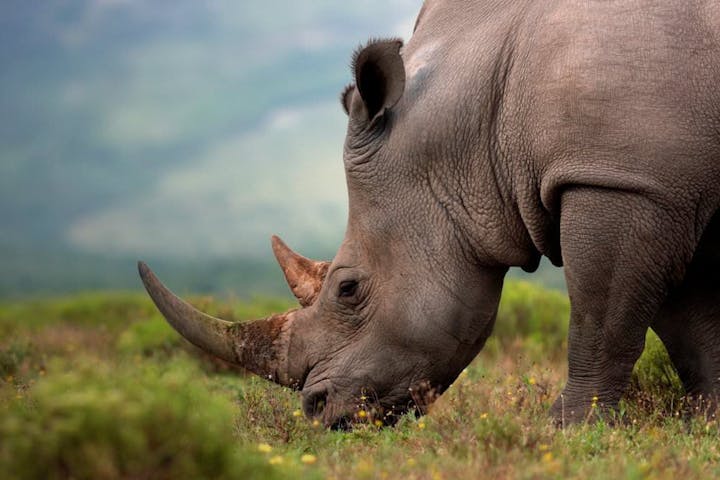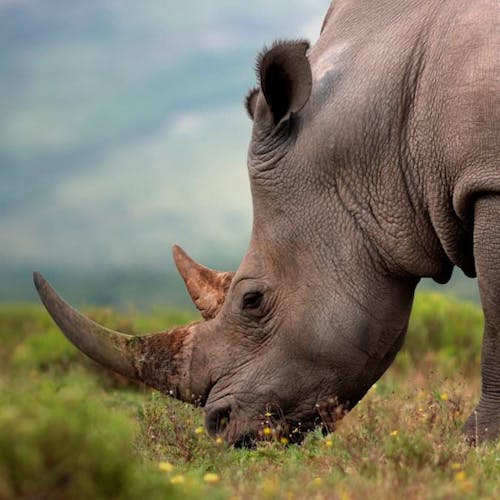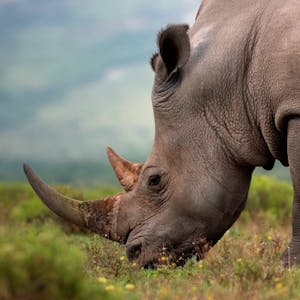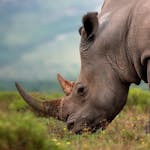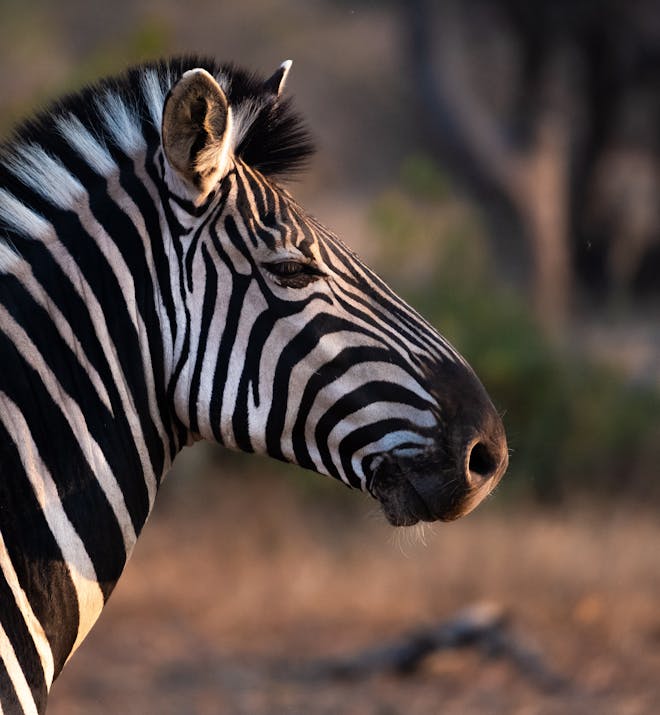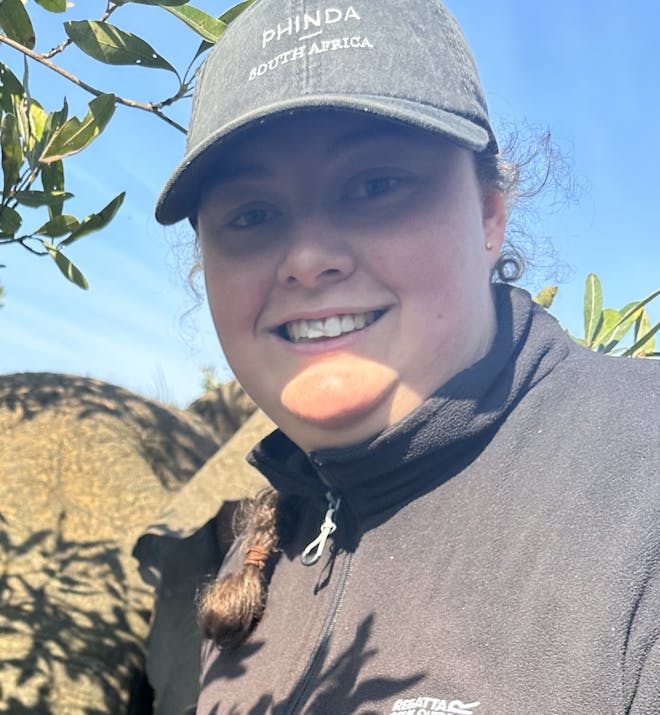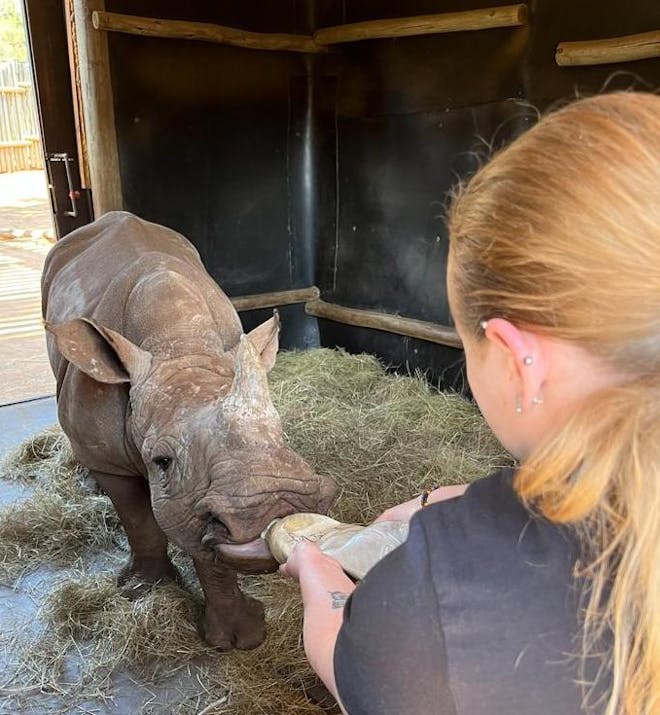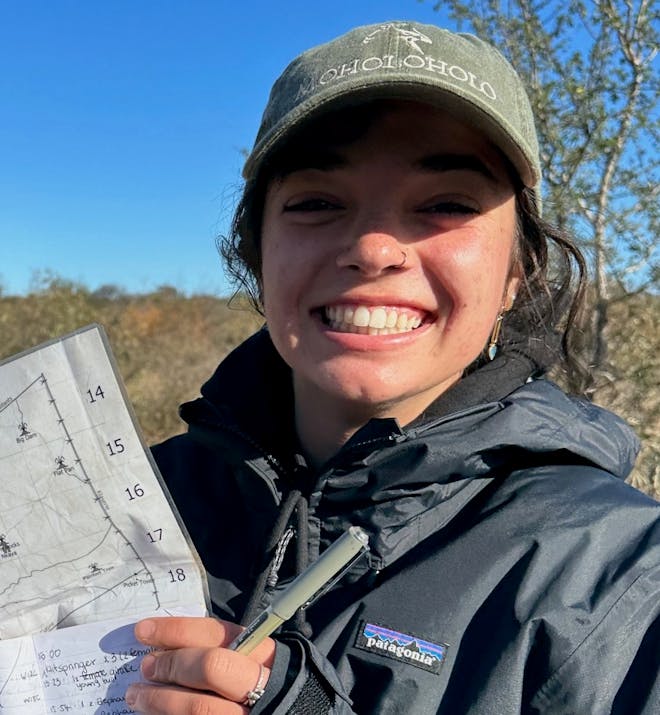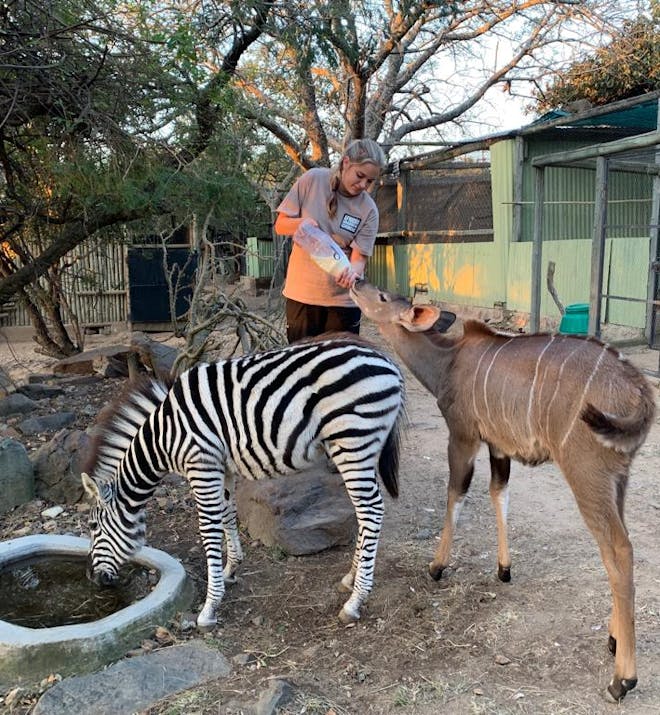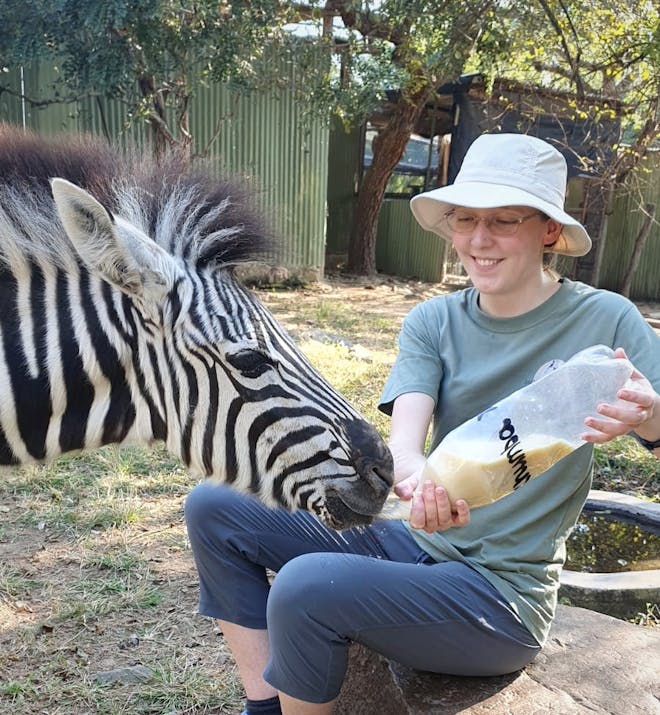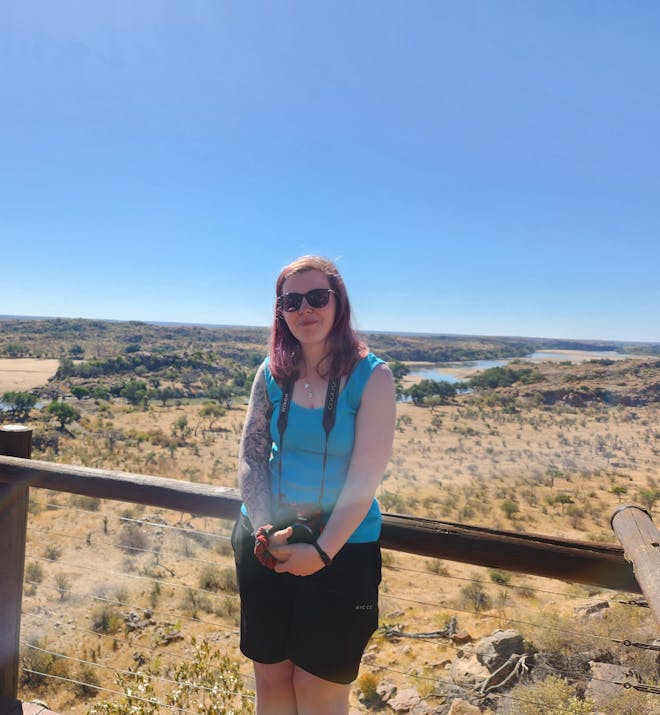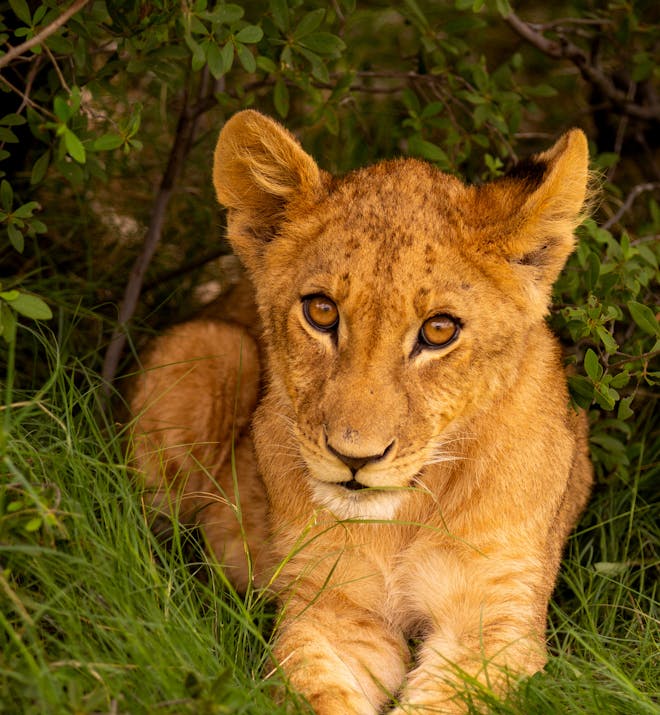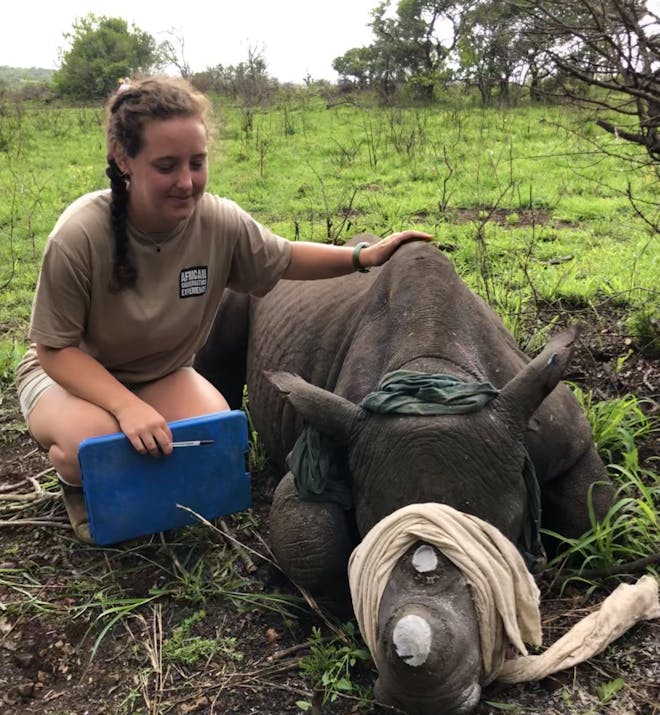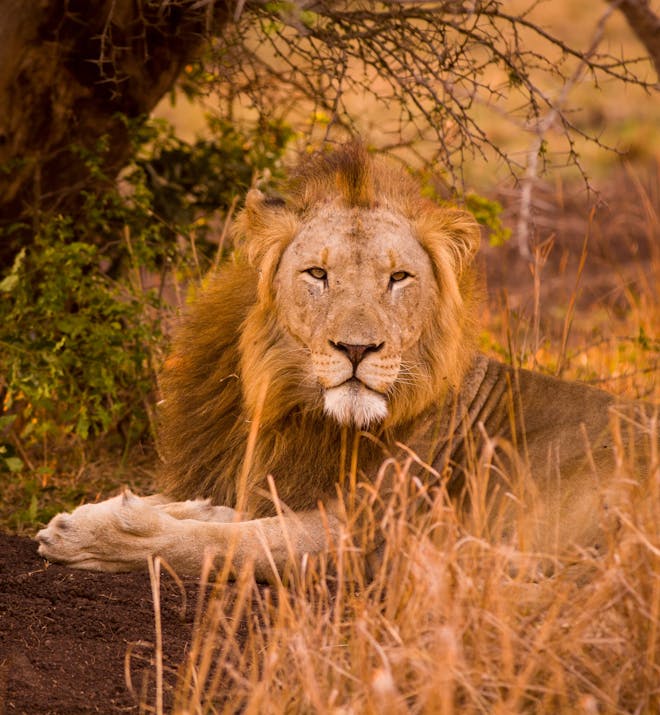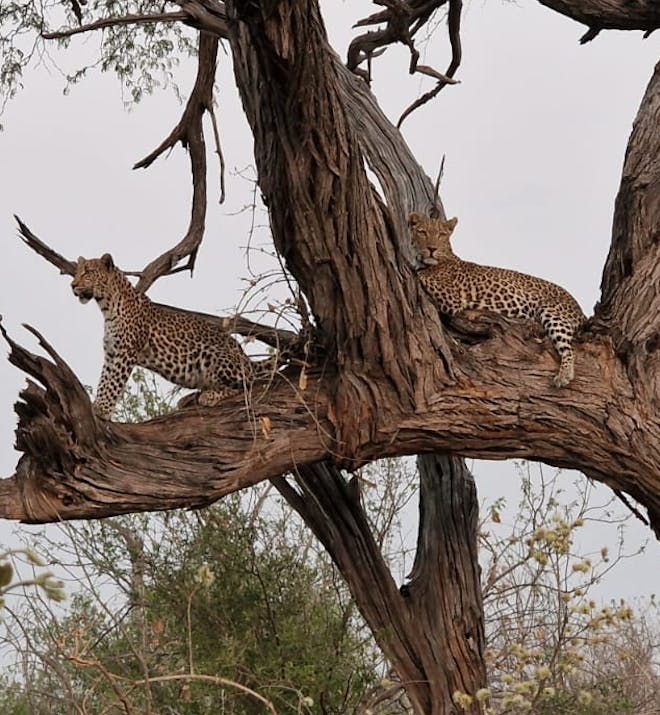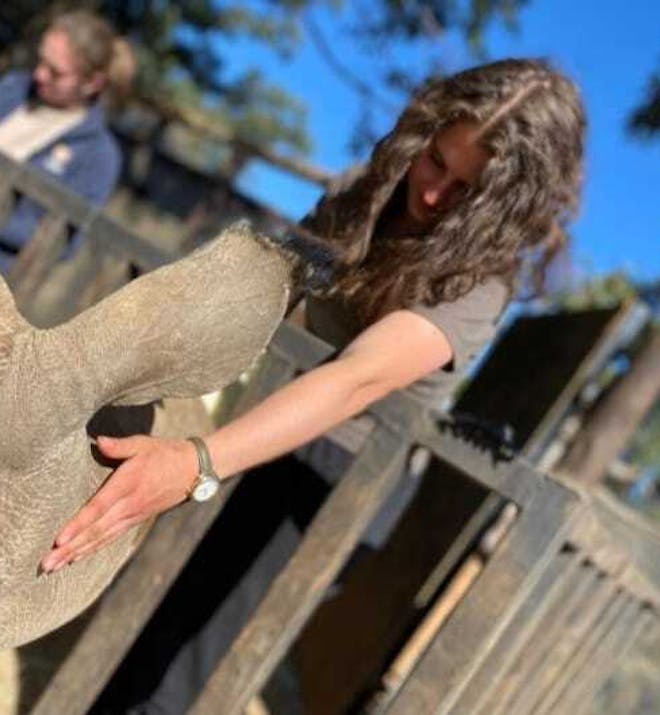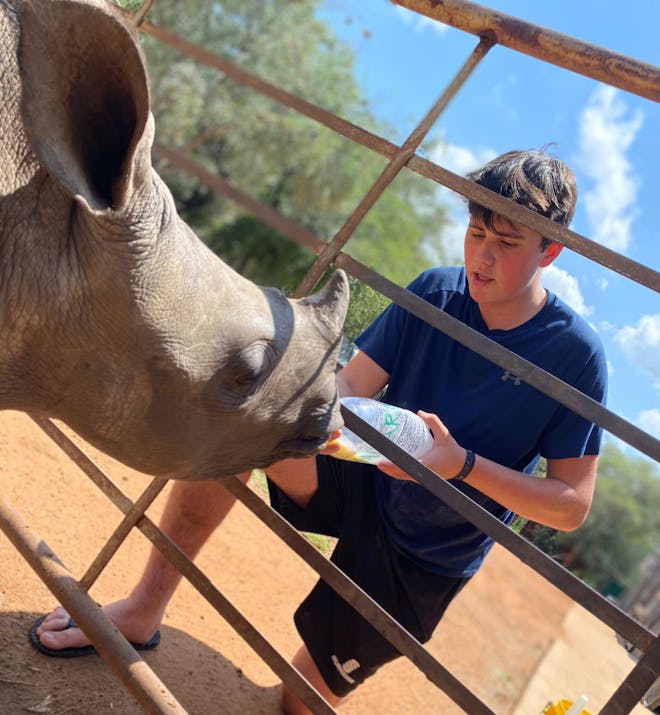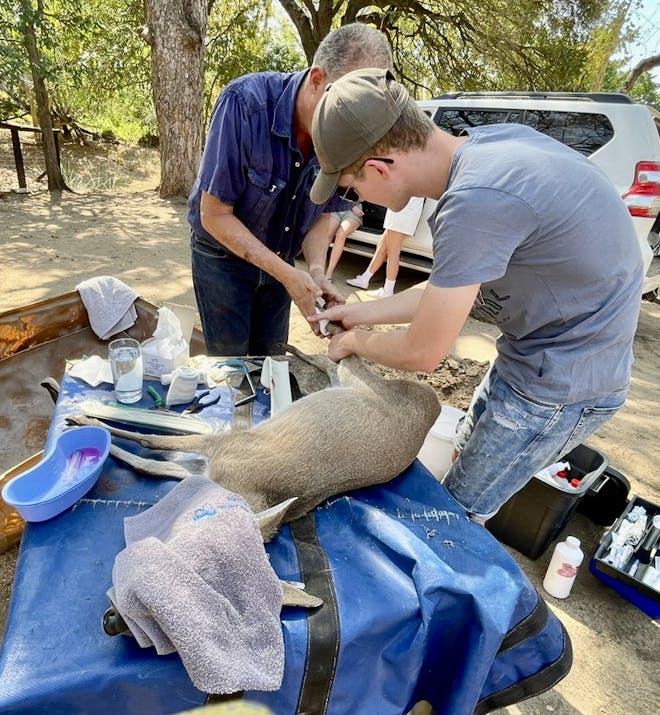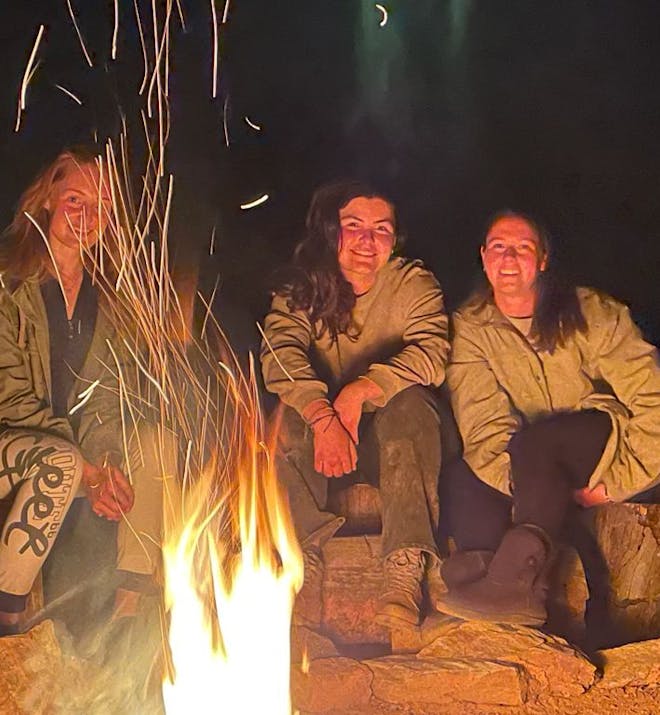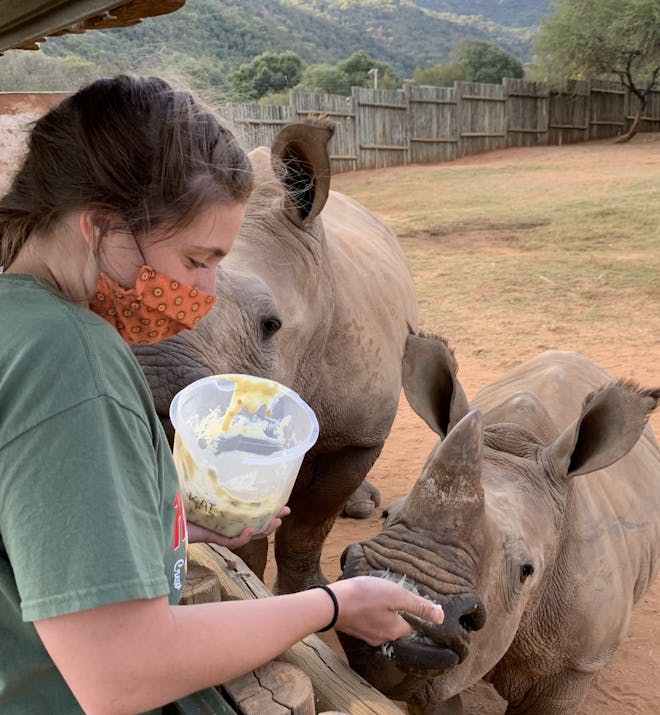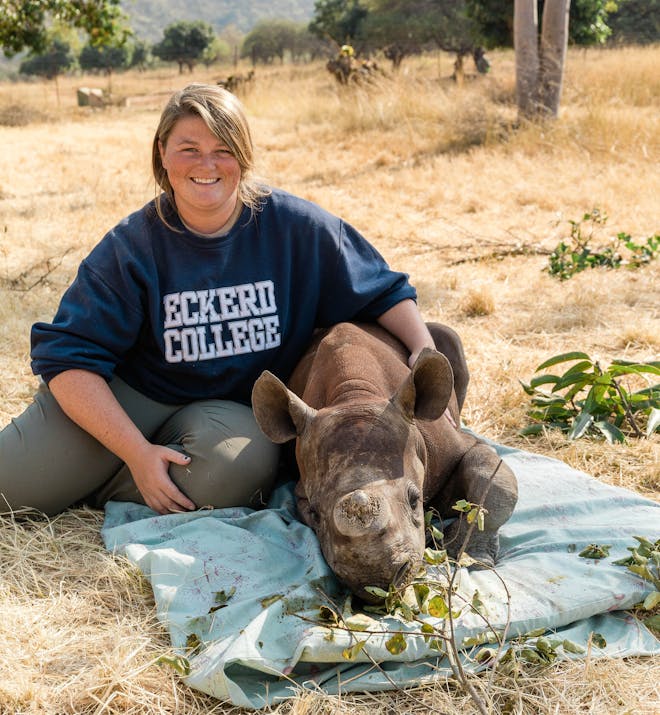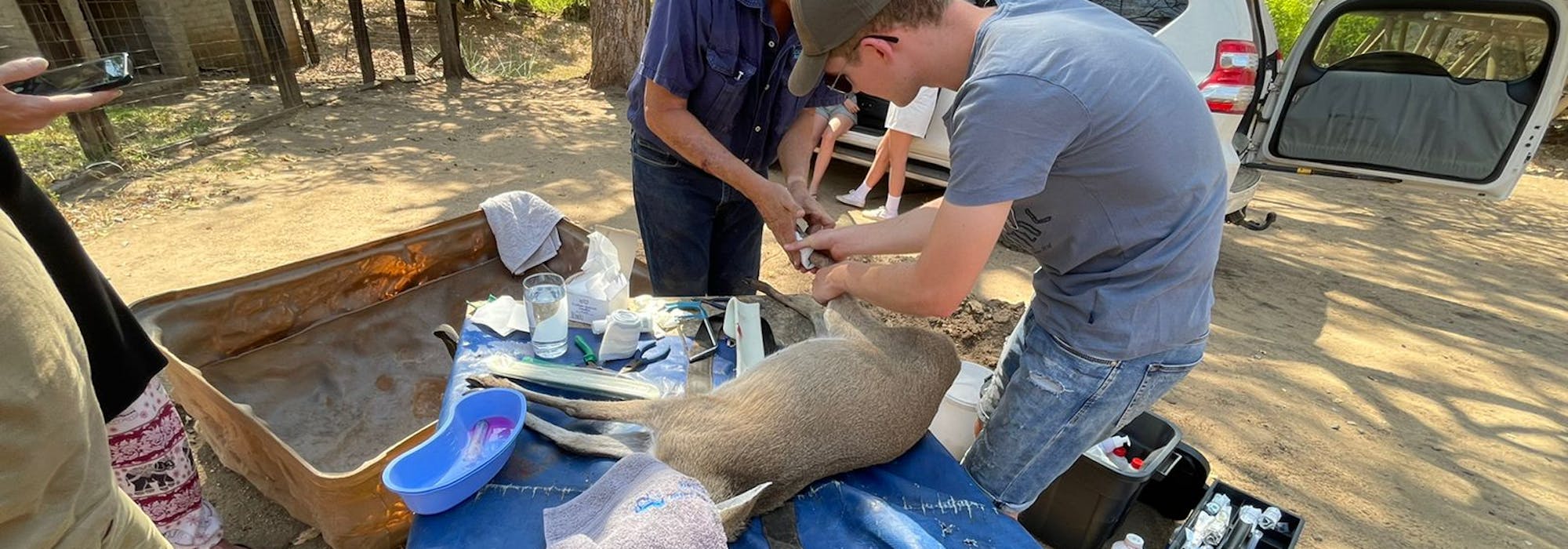
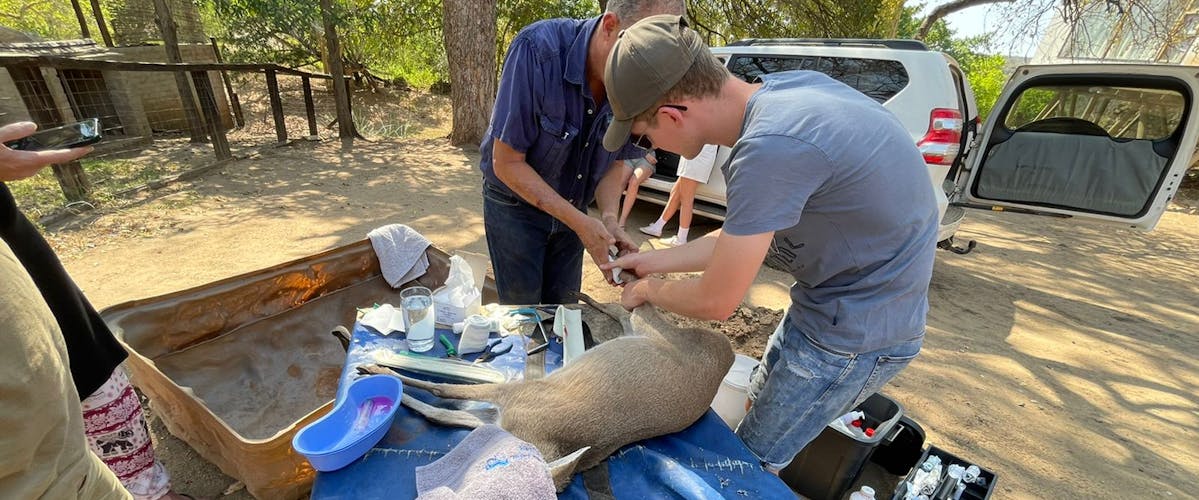
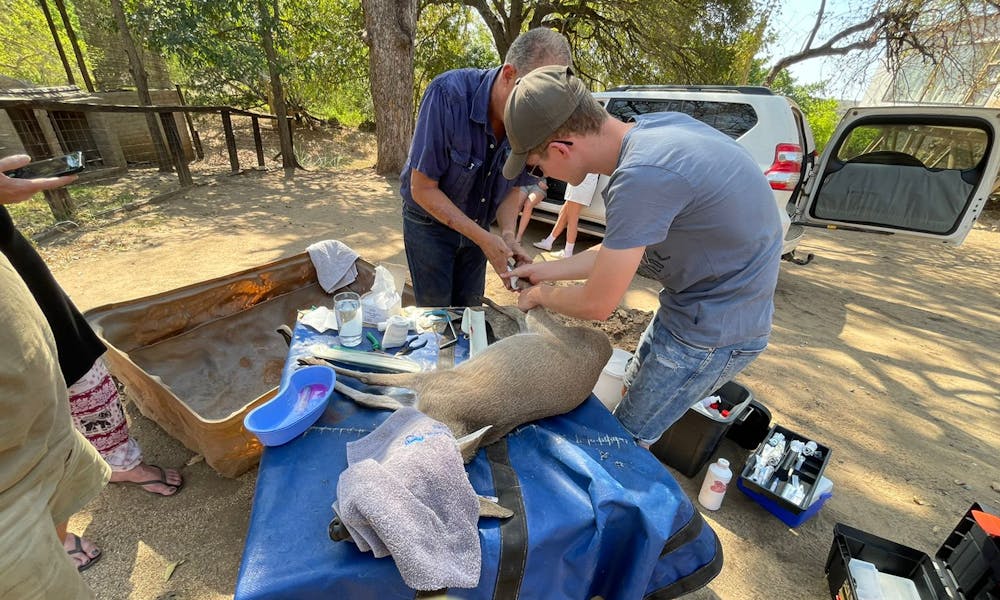
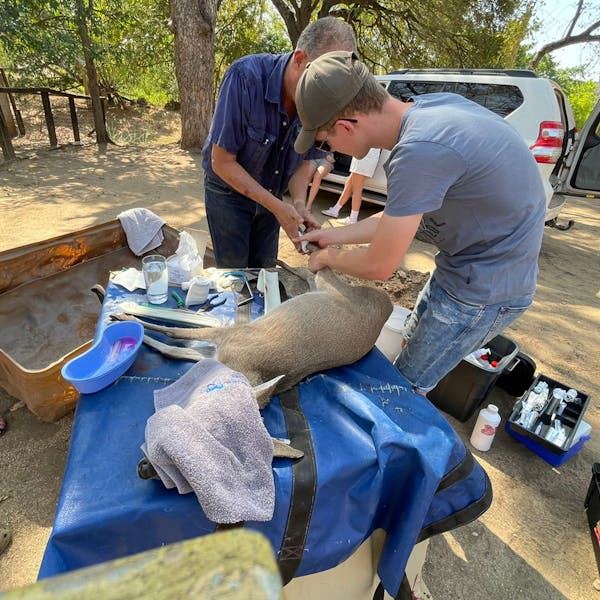
Wildlife Conservation Internships in Africa
Take your career to the next level with African wildlife conservation internships
There’s nothing like learning on the job. However much studying a career requires, having first-hand, practical experience to back up your knowledge can give you the confidence to go further in your career.
Protecting large ecosystems is a fundamental part of maintaining critical habitats where plants and animals can survive. A wildlife conservation internship in southern Africa is a chance to be directly involved with this process. A chance to work alongside conservationists with vast knowledge and a passionate drive to safeguard the biodiversity of this impressive landscape.
Choosing to expand your skills and experience with wildlife conservation research internships will set you apart from the crowd. There are a lot of reasons why southern Africa is a great place to take that step.
People embark on conservation internships for a number of different reasons. Perhaps you want to:
- Gain a first-hand understanding of ecosystems and the threats they face
- Work alongside specialists with years of practical experience and wisdom
- Gather data for an undergraduate dissertation or thesis
- Gain academic credit
- Translate theory into practical experience
Wildlife conservation internships for everyone
Wildlife conservation internships in Africa are the perfect way to gain practical experience and understanding of conservation or wildlife research.
The threat to ecosystems in southern Africa should not be underestimated. The delicate ecological balance is determined by countless factors, all of which need to be monitored and recorded. As a wildlife research intern, you can learn about everyday African conservation issues in context and be part of mapping the future of conservation work in the project of your choice.
It may be that you have a specific career path in mind. Or perhaps you know you want to protect the animals and ecosystems of our planet but don’t yet know where this journey will take you. Whatever your plan, the skills and knowledge you acquire through a research internship will set you up to make a meaningful difference in the work you choose to pursue.
What’s unique about an internship in southern Africa?
Have you ever bottle-fed an orphaned rhino or tracked a cheetah across the African bush? Would you love to put your learning into practice, using GPS to map herd movement patterns of African elephants? How about studying historical data to understand the pack hierarchies of African wild dogs? Wildlife internships in Africa offer unique experiences, created to enrich not just your study but your whole life.
Africa’s constantly evolving conservation issues make it a classroom like no other. As a wildlife intern, you’ll work alongside conservationists exploring the delicate equilibrium between people, animals and the landscape in which they live.
Sharing experiences with like-minded people is an integral part of a work placement. We’ve seen lifelong friendships kindled over campfires after an exhilarating day. Working in the field with wild animals can be thrilling and sometimes challenging, so having the chance to decompress, listen and learn from each other is a valuable part of an internship.
Understanding local issues and working with communities to help preserve the rich, diverse ecosystems of southern Africa, is at the forefront of the work that we support.
Why choose African Conservation Experience?
We are recognised by many international universities that award academic credit for conservation internships organised through us. We have substantial liability insurance and are used to working with universities to meet particular requirements, such as health and safety.
At African Conservation Experience, the success of our work depends on matching individual needs with the right people and projects. With that in mind, we work carefully and collaboratively with students, schools, universities and partners to design wildlife internships which are fulfilling on every level.
Working in these environments requires determination and stamina. African wildlife conservation is a complex issue and it’s essential that anyone undertaking a work placement in Africa is well supported by real experts and backed up by a professional organisation.
As southern Africa’s original conservation travel company, we’ve spent over 20 years building relationships with partners we trust. Our experience and skills are reflected in the service we offer. If you have an issue, one of our team will sort it out for you right away. Unlike some companies, we are not just a voice on the end of a phone – we have a fantastic team working in the UK, Europe and on the ground in Africa, ready to help you navigate any unexpected twists or turns in the road.
The fact that students who take on a wildlife conservation internship will get their hands dirty in the real world of work is regarded as invaluable – in some cases essential – experience by universities and future employees.
We also believe you will return from any internship organised through us with an abundance of unforgettable memories and a backpack full of confidence to take you forward into your next adventure.
Applying for an internship
If you’re thinking about planning a wildlife internship, then get in touch! We want you to have an unforgettable time whilst building your CV, which is why we work hard, planning every detail of your trip so you can rest assured that you get the most out of your internship.
Choose your Internship Project
From Famous Kruger To Remote Okavango
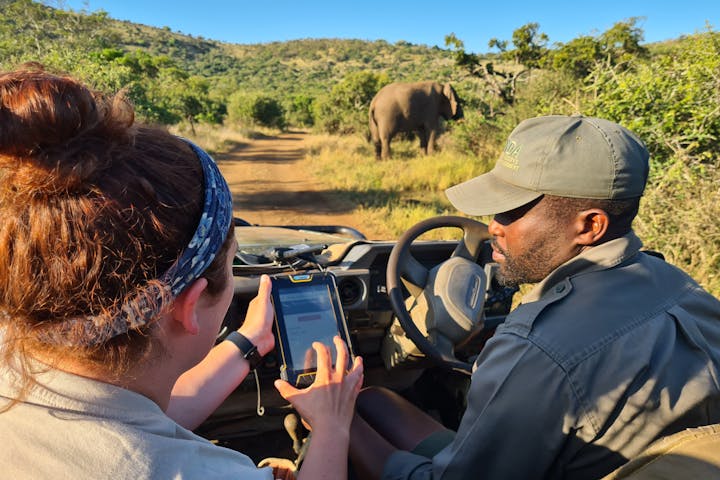
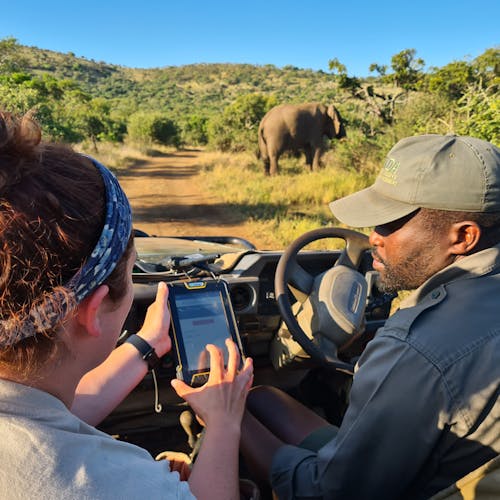
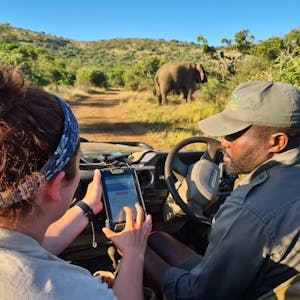
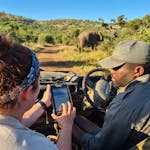
Okavango Wilderness Project
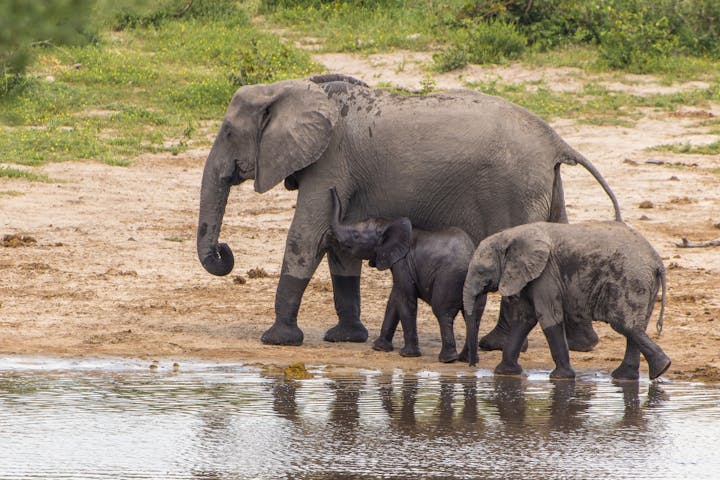
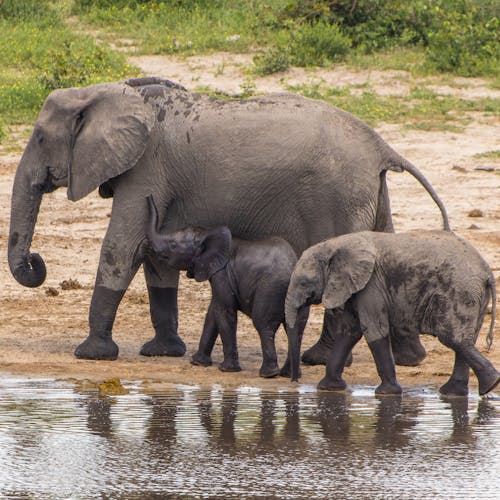
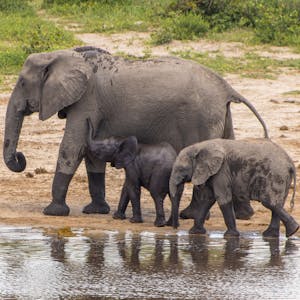
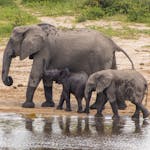
Phinda Wildlife Research Project

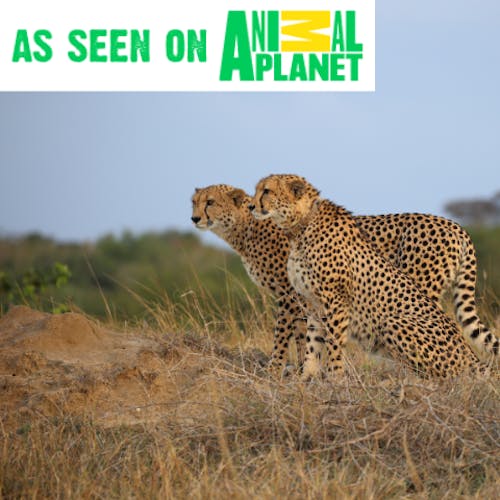
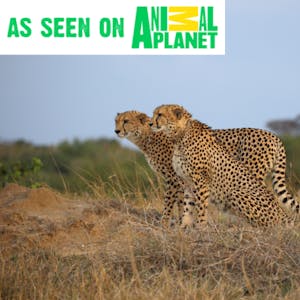
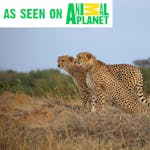
Shimongwe Wildlife Veterinary Experience
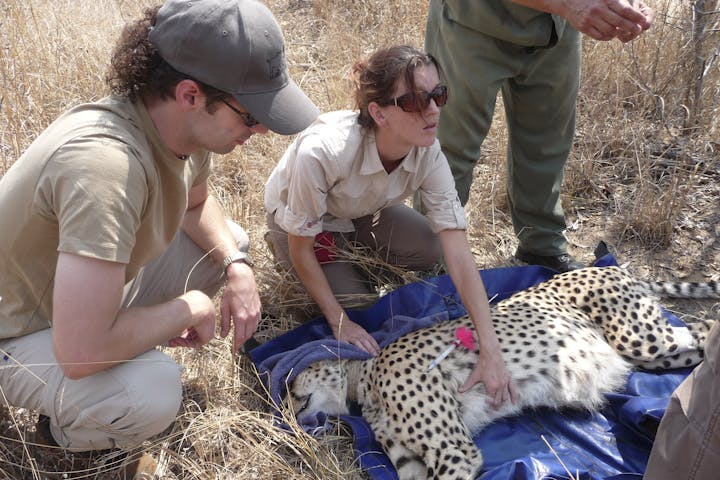
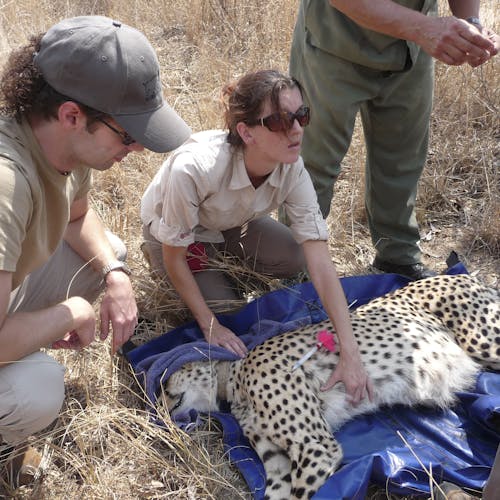
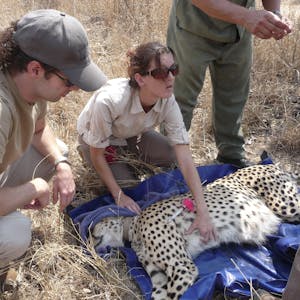
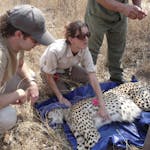
Traveller Stories
Our conservation projects offer a great range of wildlife internships
Each of our partner projects is run by teams with years of experience who are brilliant at what they do. Sharing their expertise with our interns and volunteers is a way of helping educate future conservation leaders and preserve the legacy of their own work.
Phinda Wildlife Research Project
With seven distinct ecosystems at Phinda Game Reserve, there is unrivalled biodiversity for budding researchers to explore. A work placement here is an opportunity to be part of an established conservation project managing thriving populations of elephant, rhino, lion cheetah and other species.
- Species – elephant, rhino, lion, leopard, cheetah
- Impact – wildlife research and management, reserve management
Area – Phinda Reserve in South Africa
Okavango Wilderness Project
The Okavango Delta in Botswana is one of the world’s largest inland deltas. While most river deltas usually lead to an ocean, the Okavango River empties onto open land, flooding the savanna and creating a unique and ever-changing inland delta. As a wildlife research intern, working alongside expert conservationists, you will monitor priority species in this incredible landscape.
- Species – lion, leopard, hyena, wild dog, a huge variety of antelope, buffalo, giraffe, wild dog
- Impact – wildlife research
Area – the vast wilderness of the Okavango Delta in Botswana
Veterinary internships
If you enjoy the thrill of saving and enriching animal lives, how about saving the lives of some of the most endangered species in the world? Not everyone will have rubbed shoulders (quite literally) with lions, buffalo and cheetahs on their journey to becoming a vet.
A veterinary placement in Africa offers you the chance to work alongside some of the country’s most experienced vets, learning a range of practical skills to suit your level of experience.
- Wildlife health and conservation issues
- International veterinary medicine
- International laboratory methods
- Community-based veterinary care
Translating learning into practice: EMS and AHEMS
Our practical veterinary placements meet the requirements for Extra Mural Studies (EMS) and Animal Husbandry Extra Mural Studies (AHEMS). You will be well supported to start using some of the skills you’ve studied to meet some of the clinical EMS or AHEMS requirements of your course. Among other things, you will have the chance to assist with:
- Collecting samples from animals
- Animal post-mortems
- Animal inspections
- Field work with African wildlife species
Explore other volunteering types
Adventure Learning Experiences
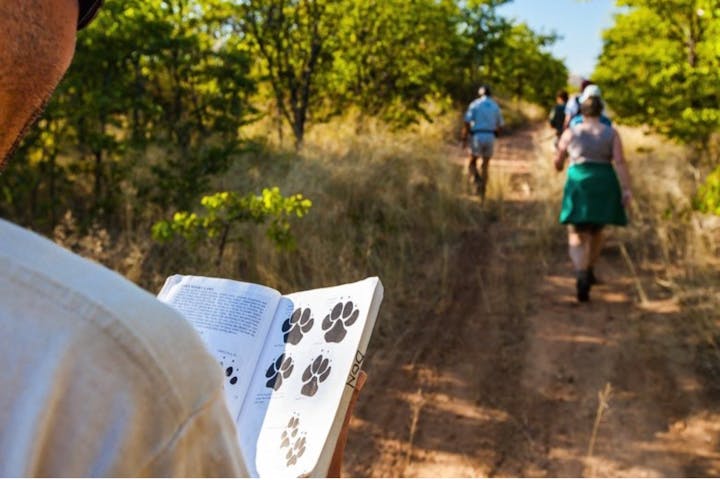
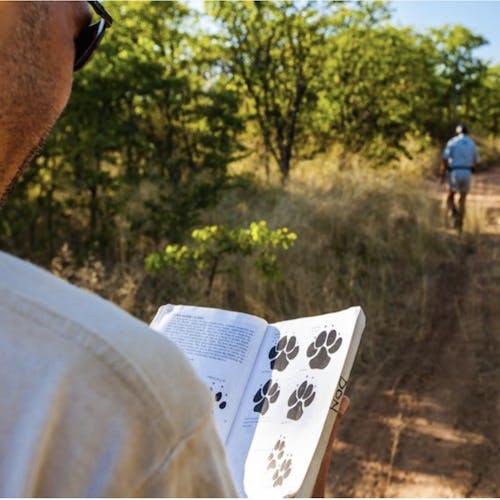
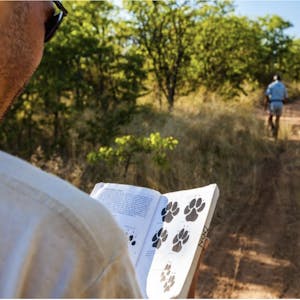
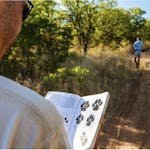
Gap Year Travel
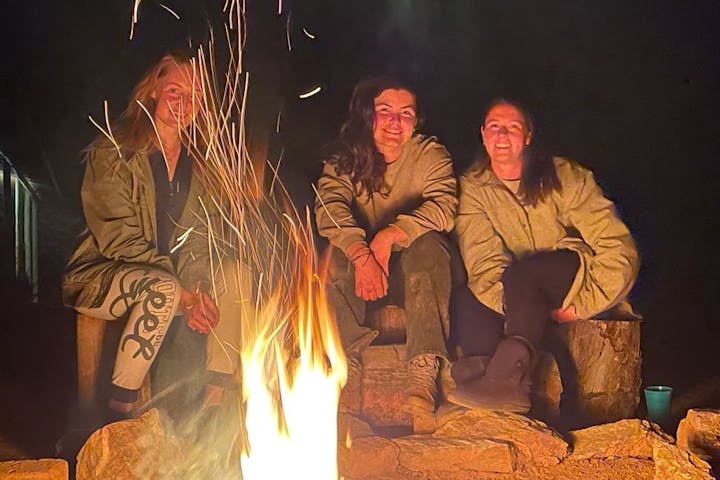
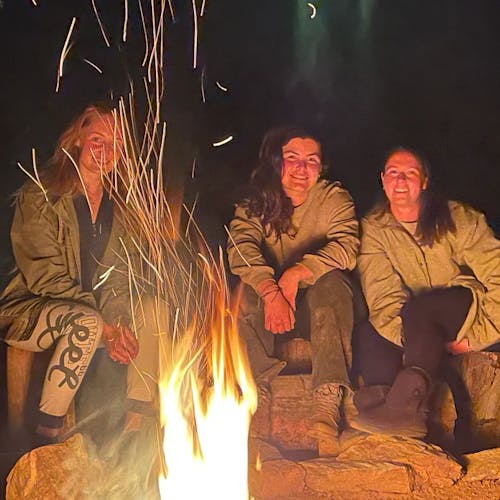
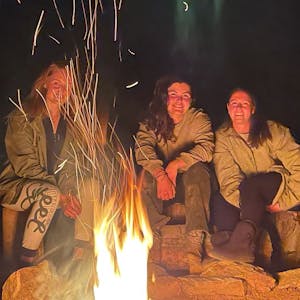

Marine Conservation Projects
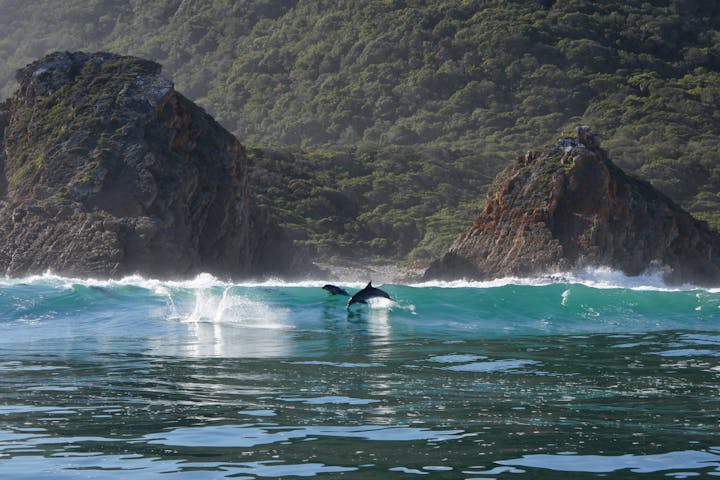
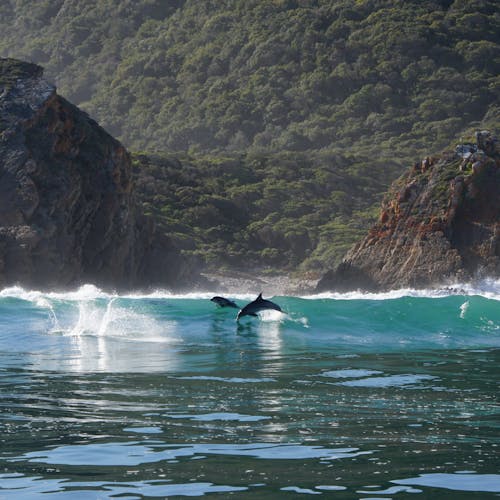
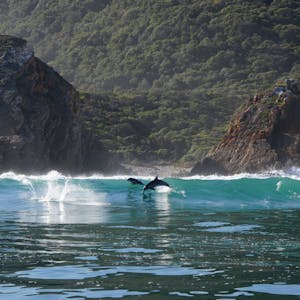
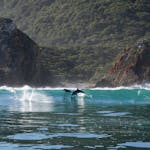
Sabbaticals & Career Breaks
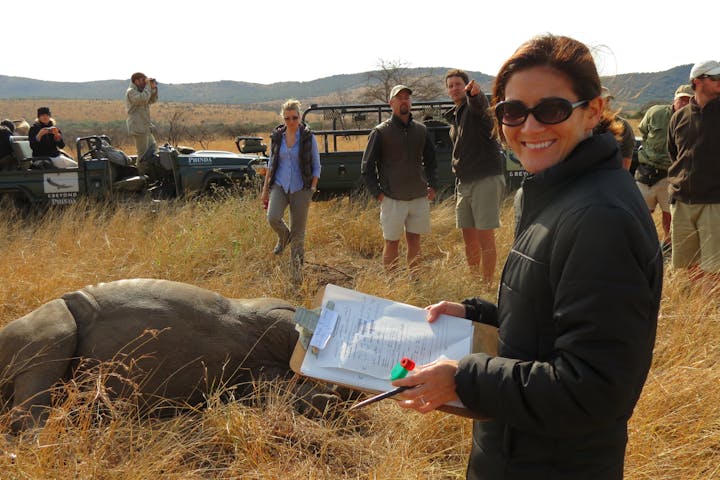
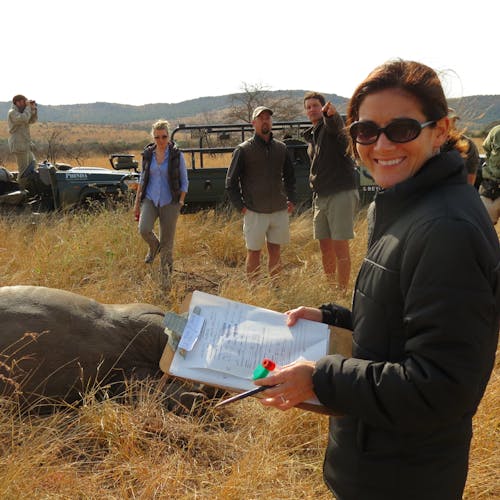
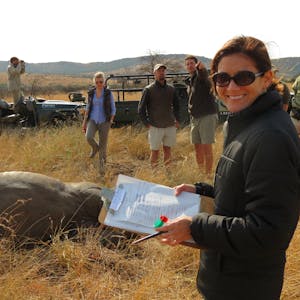
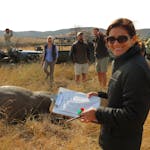
School & College Field Trips
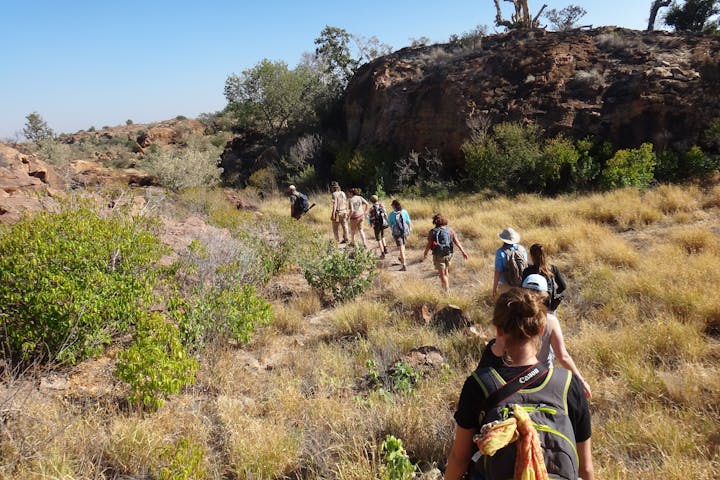
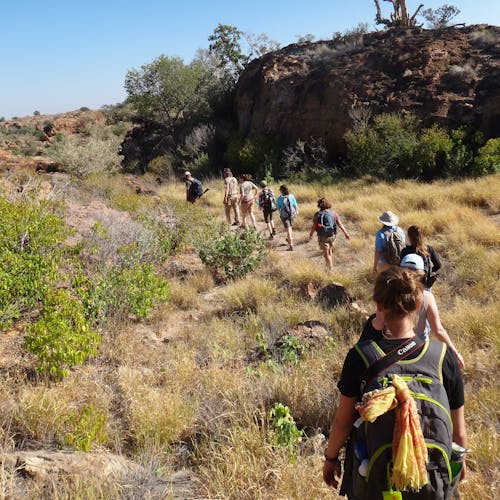
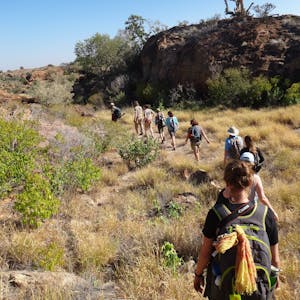
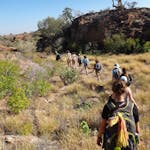
Short Experiences
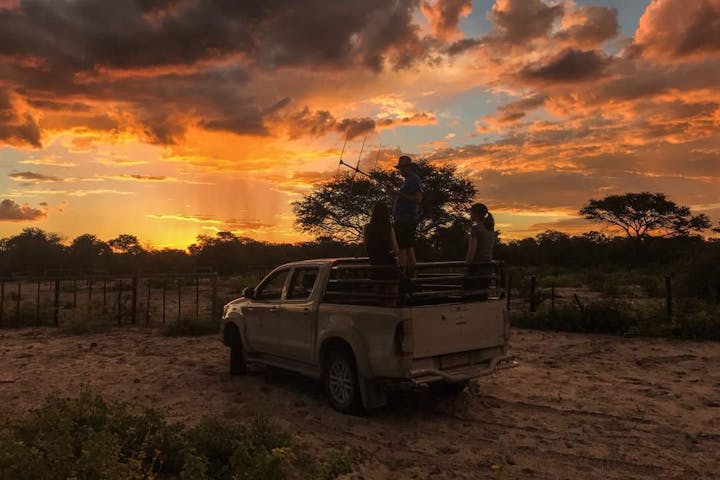
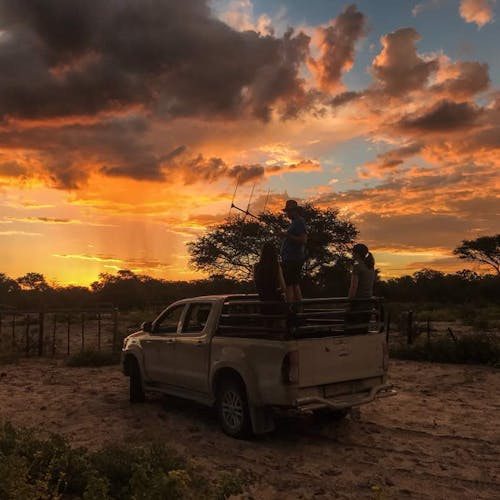
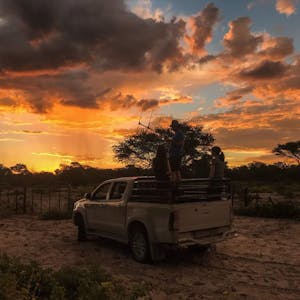
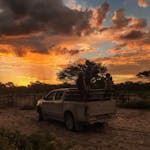
Wildlife Care & Rehabilitation
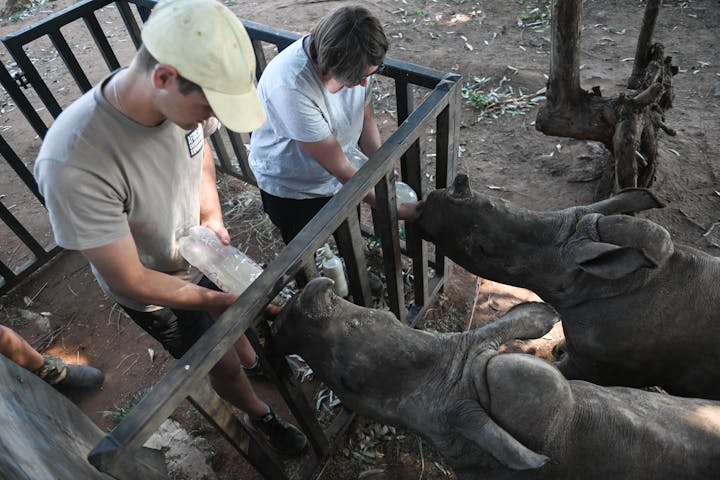
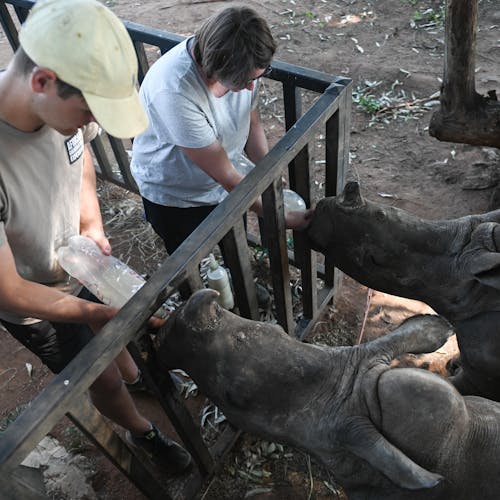
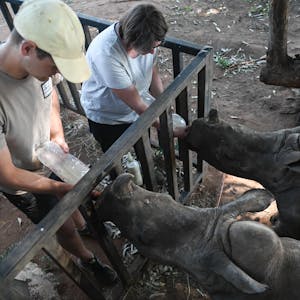
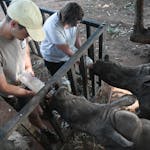
Wildlife Research & Management
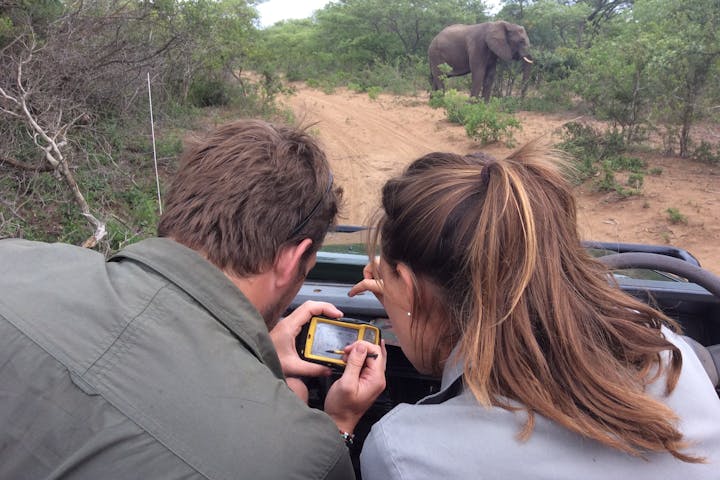
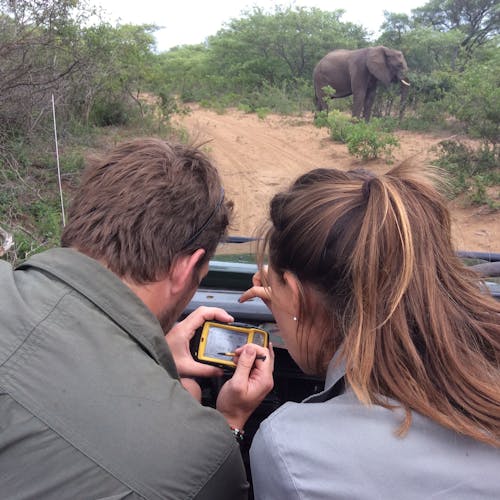
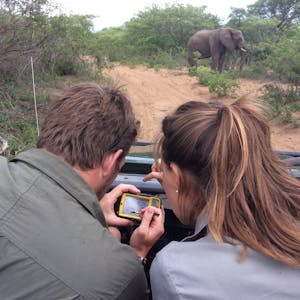
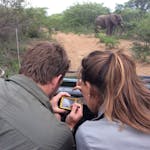
Wildlife Veterinary Projects
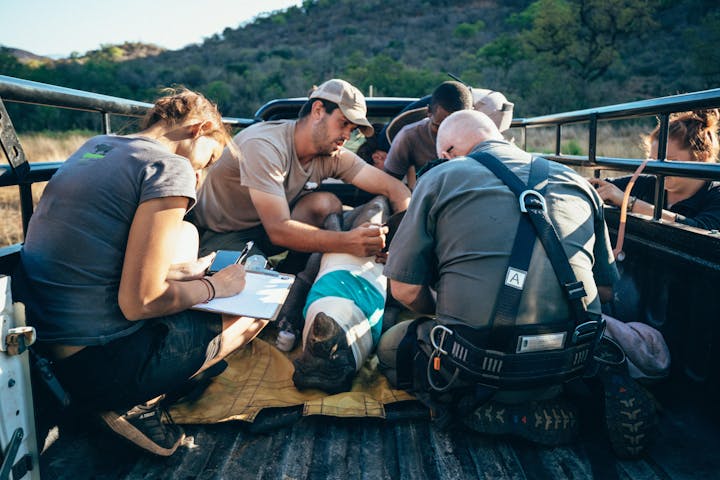
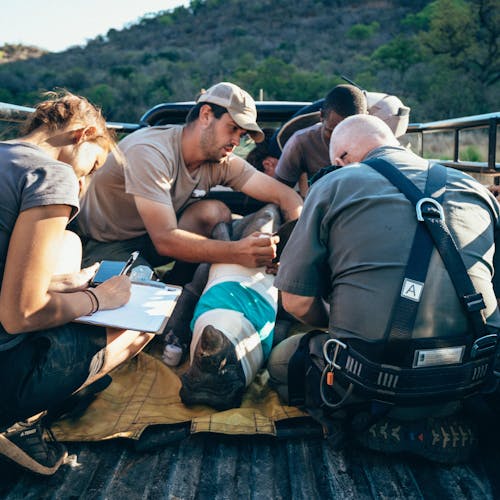
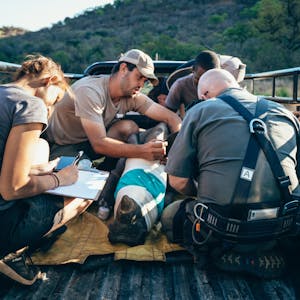
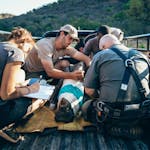
Or explore by animal
African Wild Dog Conservation Projects
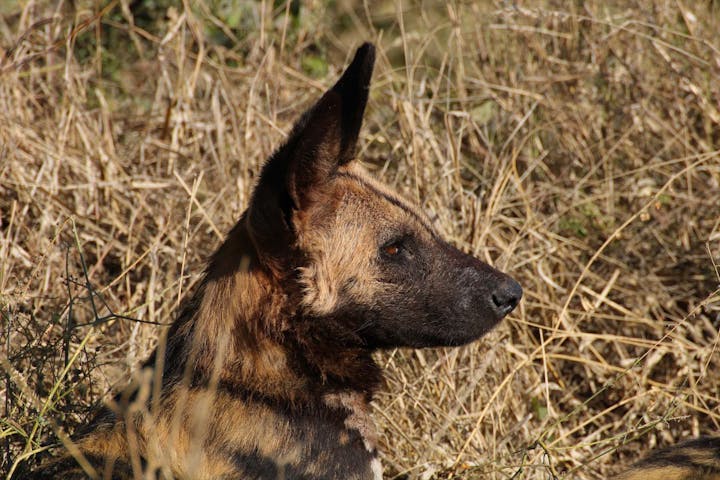
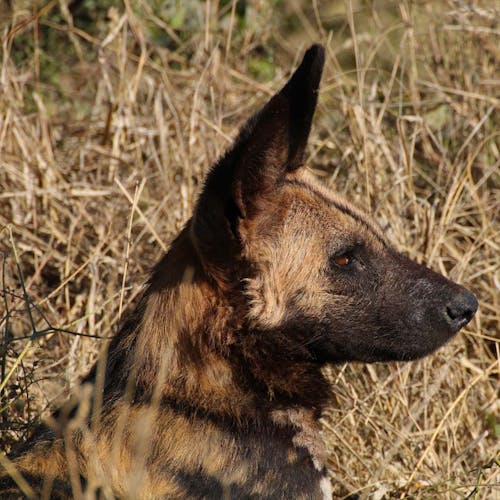
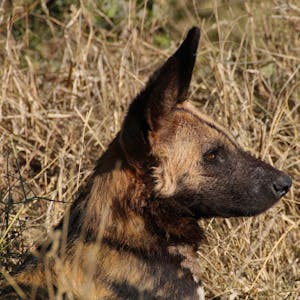
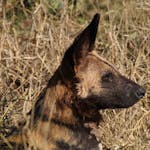
Elephant Conservation Projects
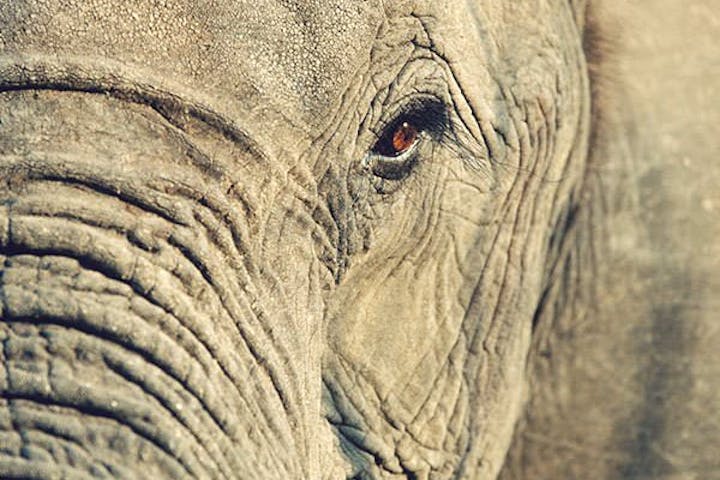
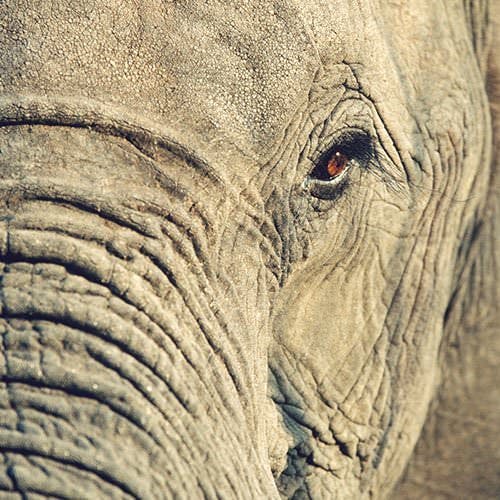
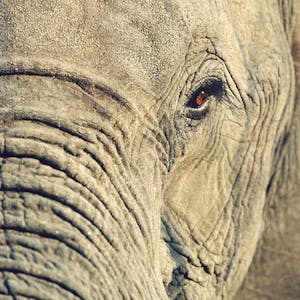
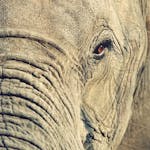
Lion Conservation Projects
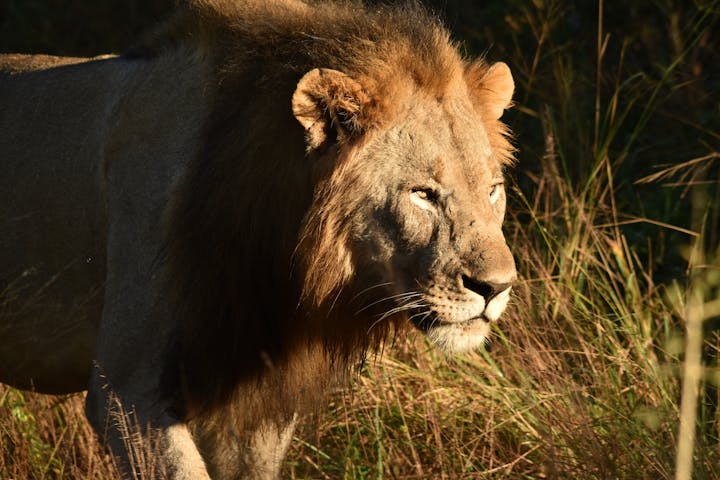
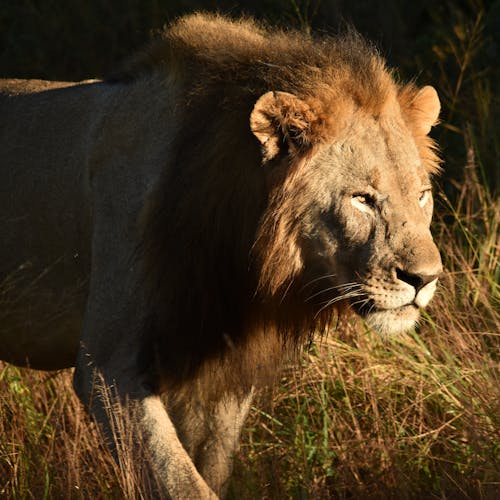
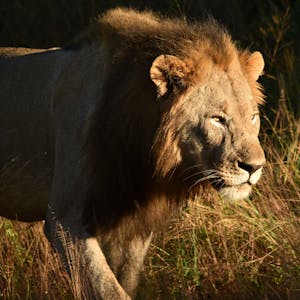
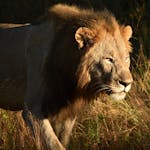
Rhino Conservation Projects
